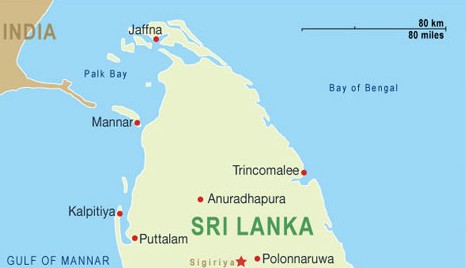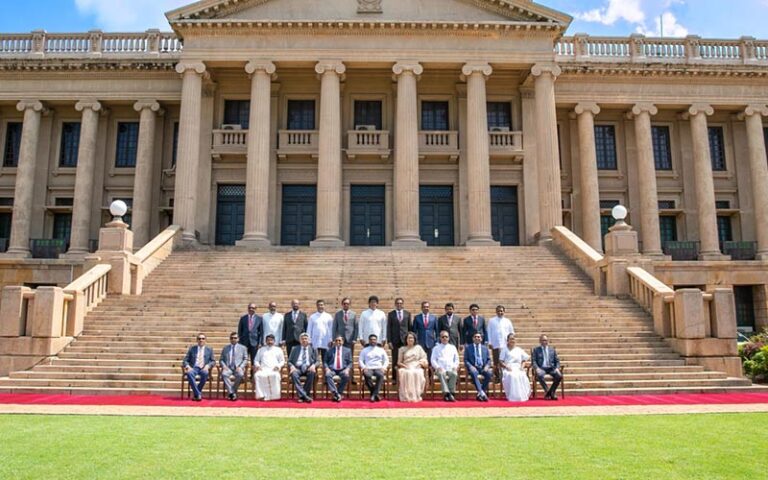 Human rights watchdog Amnesty International on Friday accused the Sri Lankan government of cracking down on the judiciary, a day after ruling party lawmakers moved to impeach the country’s top judge.
Human rights watchdog Amnesty International on Friday accused the Sri Lankan government of cracking down on the judiciary, a day after ruling party lawmakers moved to impeach the country’s top judge.
President Mahinda Rajapakse’s United People’s Freedom Alliance (UPFA) party submitted a resolution pushing for Chief Justice Shirani Bandaranayake, who has been accused of flouting the constitution, to be sacked.
“The crackdown on dissent has extended to lawyers and members of the judiciary who speak out against abuses of power,” Amnesty said in a statement.
Amnesty also highlighted the case of a high court judge who was attacked and injured by armed assailants last month after he had complained of attempts to interfere with the independence of the judiciary.
Similar concerns about pressure on judges in Sri Lanka were raised by the United States and Germany when the country’s rights record was reviewed at the UN Human Rights Council in Geneva on Thursday.
The US ambassador to the UN mission in Geneva, Eileen Chamberlain Donahoe, asked Sri Lanka to end interference in the judiciary, “especially in light of… news of the efforts to impeach the chief justice.”
She asked Colombo to protect judges, and to restore a “fair, independent, and transparent mechanism to oversee judicial appointments.”
The impeachment motion is the latest sign of efforts by the government to tighten its grip on power after crushing the Tamil Tiger separatist rebels in 2009 at the end of a decades-long war.
Analysts have said that the government was infuriated by Bandaranayake’s decision to shoot down a bill that sought to give more powers to the economic development ministry headed by the president’s younger brother Basil.
Sri Lanka’s special envoy on human rights, Mahinda Samarasinghe, told the UN council that impeachment was in line with the constitution.
“This impeachment matter was raised by the US and Germany and I can assure you that due process will be followed,” Samarasinghe said.
A total of 117 ruling party MPs signed the resolution, which requires only 113 votes for it to succeed in the parliament where Rajapakse’s party commands a comfortable two-thirds majority.
There was no immediate reaction from the country’s Supreme Court or the independent Judicial Service Commission.
Source: AFP




